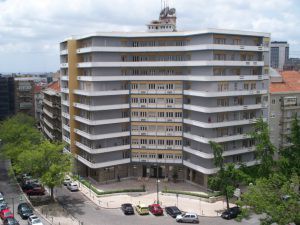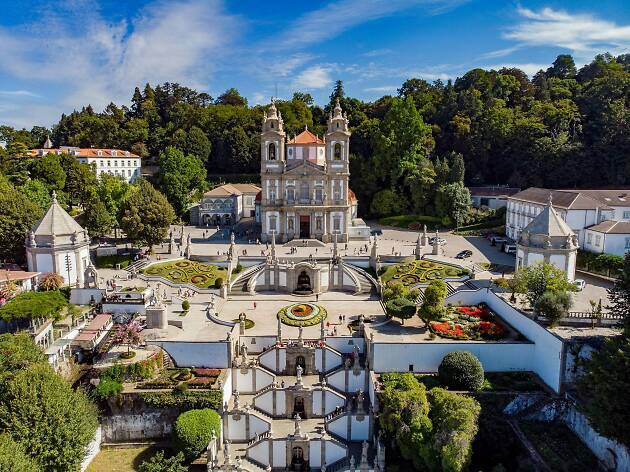Research Opportunities
I am always looking for new talented research students and post-doc researchers. See below for more details on current opportunities, examples of previous work, and information on working at INESC-ID and living in Lisbon.
If you are interested in working with me, get in touch!
Current Opportunities
- If you are an MSc or PhD student and you would like me to supervise or co-supervise your thesis, I suggest that you get in touch so that I can send you a list of topics. If you choose one of the topics, we can build a project specification together.
- My group can normally offer research grants or paid internships, depending on the ongoing funded projects. We also work with companies that offer paid internships.
- The Portuguese National Science Foundation has regular funding calls for PhD studentships and postdoctoral grants. These opportunities are also available to non-portuguese candidates. If you are interested in working with me, get in touch.
Examples
Some recent examples of work performed by students supervised by me include:
- Nuno Saavedra (MSc student at IST, 2022) developed GLITCH, a technology-agnostic framework that enables automated detection of code smells in Infrastructure-as-Code scripts. This project resulted in a publication at ASE 2022, one of the most prestigious research conferences in Software Engineering. We also published a tool paper at ASE 2023. Nuno is currently a PhD student at IST working on analysis and repair of infrastructure and configuration code.
- Henrique Guerra (MSc student at IST, 2022) developed Hoogle*, a program synthesizer for Haskell. This project resulted in a publication at ECOOP 2023. Henrique is currently a PhD student at IST working on programming languages.
- Carolina Carreira (MSc student at IST, 2021) explored how usable security can improve the impact of formal verification. Her work resulted in a research agenda published at appFM 2021. Carolina is currently a PhD student at Carnegie Mellon University and IST (dual degree).
- Pedro Cruz (MSc student at IST, 2020) developed SmartBugs, an execution framework for running analysis tools on smart contracts. This project resulted in a publication at ICSE 2020, one of the most prestigious research conferences in Software Engineering. According to Google Scholar metrics, this is the most cited paper from ICSE 2020!
- Thomas Hayton (PhD student at Teesside University, 2019) created tools and methods that transform story synopses written in natural language into planning models that can be used by a computer to generate these stories. Thomas’s work was published in prestigious conferences, including AAAI 2020.
- Saul Johnson (PhD student at Teesside University, 2024) created tools and methods to improve password security. He developed open-source tools and his work has been published in reputed conferences such as iFM 2017 and AsiaCCS 2020.
For more examples, see my list of publications and projects.
Working at INESC-ID

The Instituto de Engenharia de Sistemas e Computadores, Investigação e Desenvolvimento em Lisboa (INESC-ID) is a R&D institute dedicated to advanced research and development in the fields of Information Technologies, Electronics, Communications, and Energy.
INESC-ID provides a great working environment with friendly and ambitious researchers who are keen to collaborate.
Currently, INESC-ID integrates more than one hundred PhD researchers and two hundred post-graduation students. INESC-ID has participated in more than 50 research projects funded by the European Union and more than 190 funded by nationals entities. Until today, our researchers have published more than 700 papers in international journal papers, more than 3000 papers in international conferences, and have registered 15 patents and/or brands.
In the national R&D evaluation framework, INESC-ID is classified as excellent in all the evaluation parameters, which distinguish the “quality, merit relevance and internationalization of the R&D activities of the Integrated Researchers in the R&D Unit Application, merit of the team of Integrated Researchers and the appropriateness of objectives, strategy, plan of activities and organization”.
Working and Living in Lisbon


If you come to Lisbon, you can also visit some of the many other beautiful places that Portugal has to offer, such as my hometown Braga.
